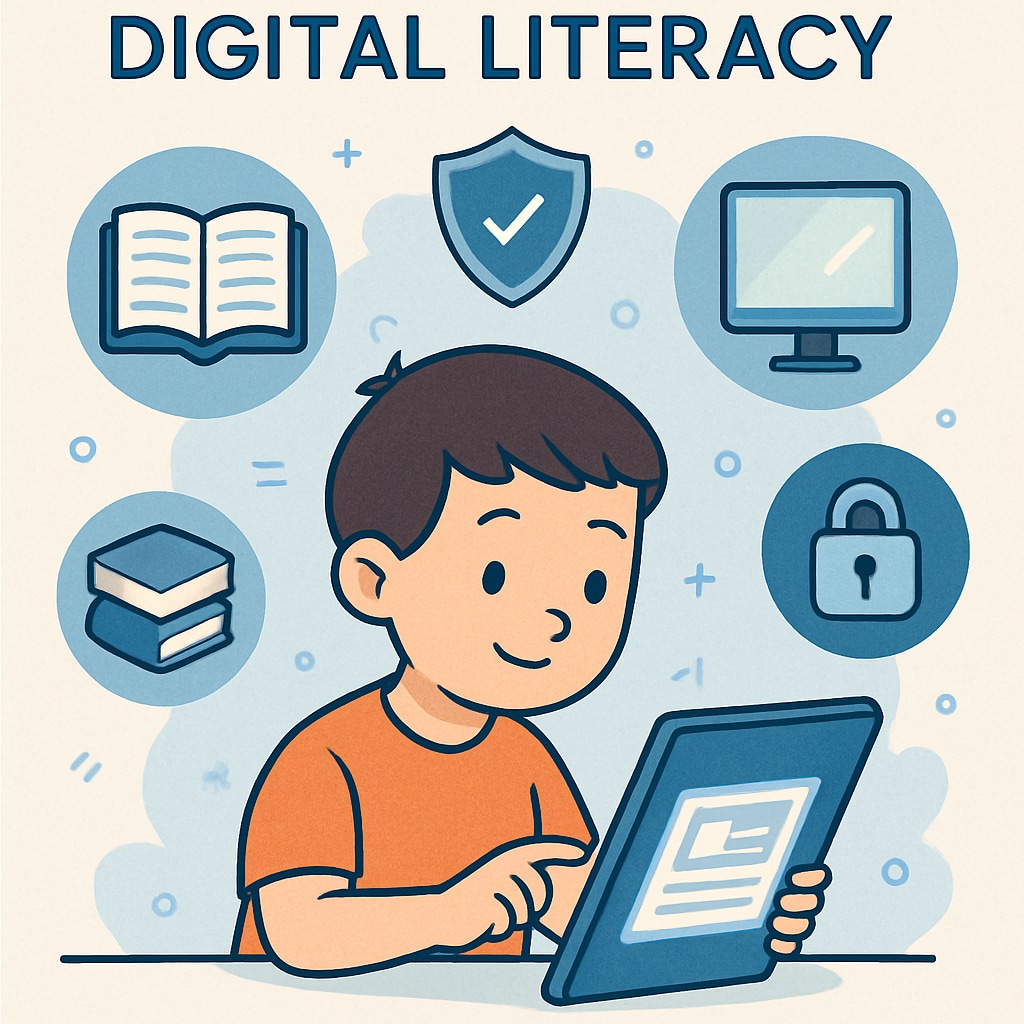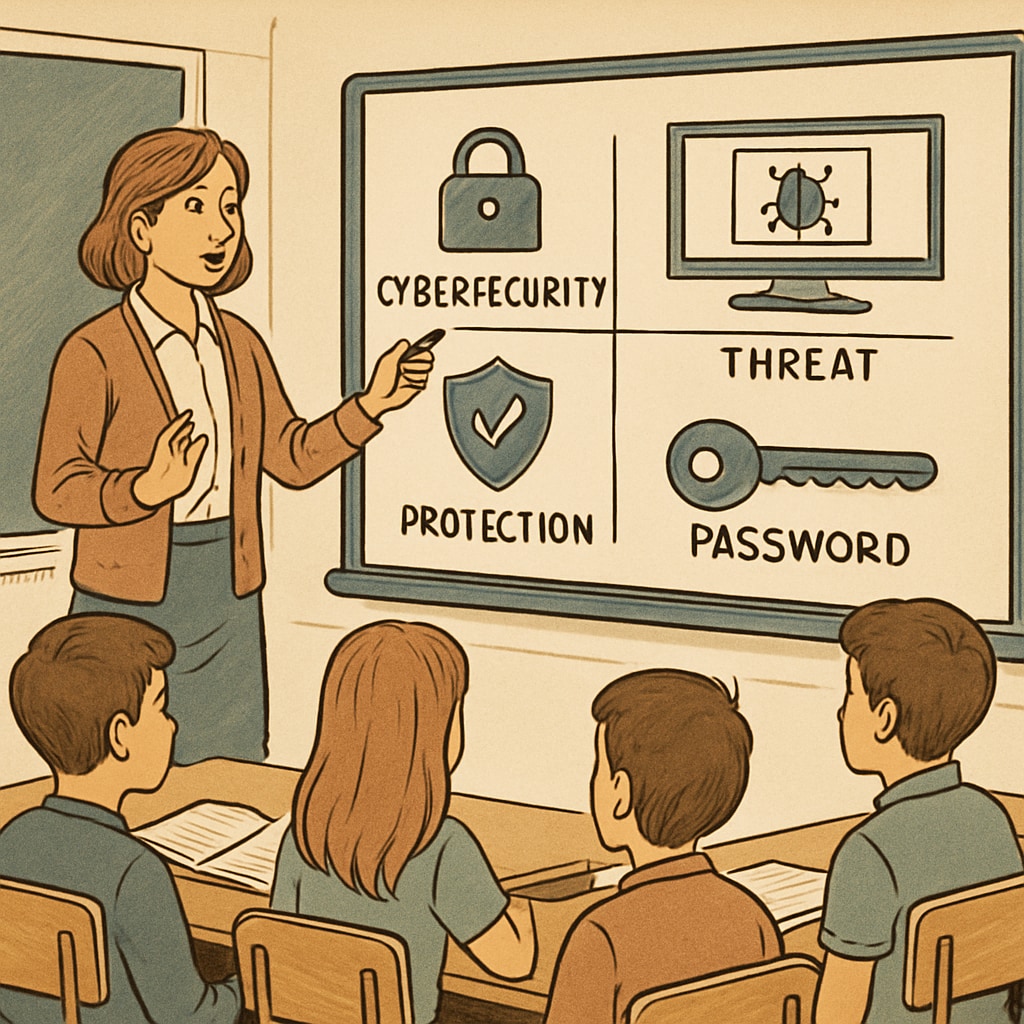The UK’s recent implementation of an age verification law for adult websites has sparked a significant increase in VPN (Virtual Private Network) usage among citizens. While this legislation aims to protect minors from inappropriate content, it also underscores the growing challenges educators face in fostering responsible digital habits. As students gain access to the internet earlier in life, K12 schools must prioritize digital citizenship education to ensure young users navigate the online world safely, ethically, and responsibly.
Why the Age Verification Law and VPN Usage Matter
The UK’s age verification law requires users to provide proof of age before accessing adult content online. While well-intentioned, this measure has inadvertently led to a spike in VPN adoption, as users seek ways to bypass restrictions and maintain privacy. VPNs allow individuals to mask their IP addresses and access content that might be restricted in their region. For students, this raises concerns about unregulated internet access, exposing them to risks such as inappropriate content, data breaches, and cyberbullying.

For educators, this trend highlights the pressing need to address online safety and ethical behavior through structured, age-appropriate education programs. Teaching students the risks associated with VPNs and unregulated access can empower them to make informed decisions in the digital space.
Building Digital Literacy in K12 Schools
Digital literacy—the ability to use technology safely and effectively—is a cornerstone of responsible digital citizenship. Schools play a pivotal role in equipping students with the skills they need to navigate the internet responsibly. Key elements of digital literacy education include:
- Cybersecurity Awareness: Teaching students about online threats such as phishing scams, malware, and privacy breaches.
- Ethical Use of Technology: Encouraging students to consider the moral implications of their online actions and respect intellectual property.
- Critical Thinking Skills: Helping students evaluate the credibility of online sources and recognize misinformation.
Integrating these topics into K12 curricula ensures young users understand the benefits and risks of internet use, preparing them to become responsible digital citizens.

How Schools Can Address VPNs and Unregulated Access
The rise in VPN usage among UK citizens, including students, necessitates proactive measures from educators. Schools can implement the following strategies to combat unregulated internet access:
- Content Filtering: Employ advanced filtering systems to block inappropriate websites and monitor VPN use on school networks.
- Parental Engagement: Collaborate with parents to reinforce safe internet practices at home.
- Hands-On Workshops: Conduct workshops that demonstrate the risks of circumventing internet restrictions and emphasize responsible online behavior.
By adopting these measures, schools can create a secure digital environment while instilling the values of ethical internet use.
Conclusion: Preparing Students for the Digital World
The UK’s age verification law and the subsequent rise in VPN usage highlight the complex relationship between internet regulation and user behavior. For K12 schools, this serves as a reminder of their critical role in shaping the next generation of digital citizens. By prioritizing cybersecurity education and digital literacy, educators can empower students to make informed decisions online, ensuring they use technology safely, ethically, and responsibly.
As the digital landscape evolves, schools must remain adaptable, integrating new challenges into their curricula and fostering a culture of responsible internet use. By doing so, they prepare students not only for academic success but also for lifelong digital citizenship.
Readability guidance: Use short paragraphs and lists to summarize key points. Maintain an average sentence length of 12–16 words. Employ transition words (e.g., however, therefore, for example) to enhance flow.


